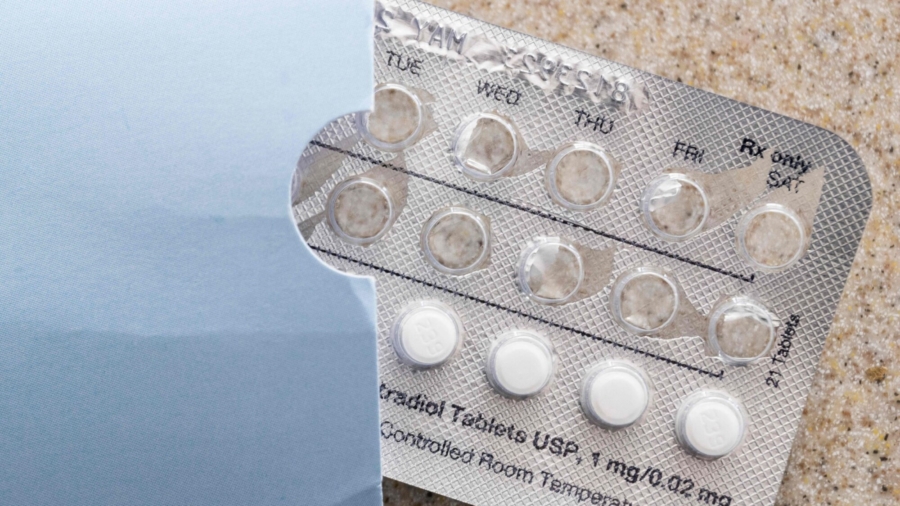The Biden Administration has proposed an expansion of current contraceptive coverage under the Affordable Care Act (ACA) by removing an existing Trump-era policy that made it easier for employers to deny birth control coverage in company-sponsored health plans.
The Departments of Health and Human Services (HHS) and the Treasury proposed the rule on Jan. 30, to roll back an exemption to the mandate that allows employers to opt out for moral convictions, according to an HHS press release. The policy, however, would still retain a religious exemption.
The move also creates an “independent pathway” for individuals enrolled in health plans to gain access to contraceptive services directly from a “willing contraceptive provider” at no cost, even if their employers object to providing it based on religious grounds. This provision, the agency explained in the statement, will “allow women and covered dependents to navigate their own care.”
“Now more than ever, access to and coverage of birth control is critical,” HHS Secretary Xavier Becerra said in the statement. “Today’s proposed rule works to ensure that tens of millions of women across the country who have and will benefit from the ACA will be protected. It says to women across the country, we have your back.”
The proposed rules, the statement said, are part of the Biden’s Administration’s “commitment” to “strengthen access to birth control coverage” under the ACA by “ensuring access to reproductive health care” … following multiple states’ efforts to restrict access to contraception in the wake of the Supreme Court’s decision in Dobbs v. Jackson Women’s Health Organization.”
The agencies also announced “nearly $3 million in new funding to bolster training and technical assistance for the nationwide network of Title X family planning providers.”
According to The Hill, Becerra further explained the proposal to reporters after release of the HHS statement.
“The actions we took are consistent with the law, to try to make sure that we are protecting the rights of all Americans to access the health care they need,” he said. “At the same time, protecting religious freedoms.”
“We had to really think through how to do this in the right way to satisfy both sides,” a senior official told CNN, “but we think we found that way.”
According to the Washington Examiner, religious exemptions to the ACA’s contraceptive mandate date back to the 2014 Supreme Court Decision in Burwell v. Hobby Lobby. There, the court ruled that the mandate violated the religious liberty of for-profit corporations.
Initially, when the ACA was passed under the Obama Administration, the mandate to provide no-cost contraception was not contained in the act itself. According to CNN, HHS under President Obama made the decision to include contraception as “one of the women’s preventative services that all private insurance plans must offer without charge.”
Then in 2018, the Trump Administration broadened the exemption policy for employers who not only have a “sincerely-held” religious objection to providing birth control to their employees, but also to those who have a moral one.
According to the HHS statement, the Trump-era policy also includes “an optional accommodation” that allows for objecting employers and private universities and colleges to “completely remove themselves” from providing contraceptives while also ensuring that “women and dependents” who enrolled in their health coverage are still able to access reproductive health services at no cost.
These women only receive this benefit, however, “if their employers or universities or colleges voluntarily elects the accommodation.” This requirement leaves many without no-cost access.
The rules change aims to rescind all that.
HHS expects the proposal would affect more than 100 employers and 125,000 workers, mainly through the “independent pathway,” CNN reported.
Now that HHS has unveiled the proposed rule, the public will have the opportunity to comment for the next 60 days.

